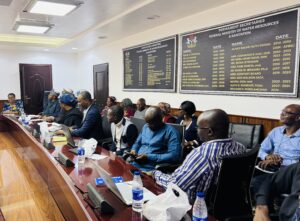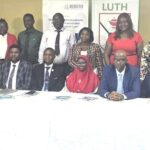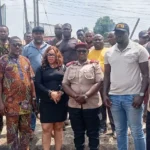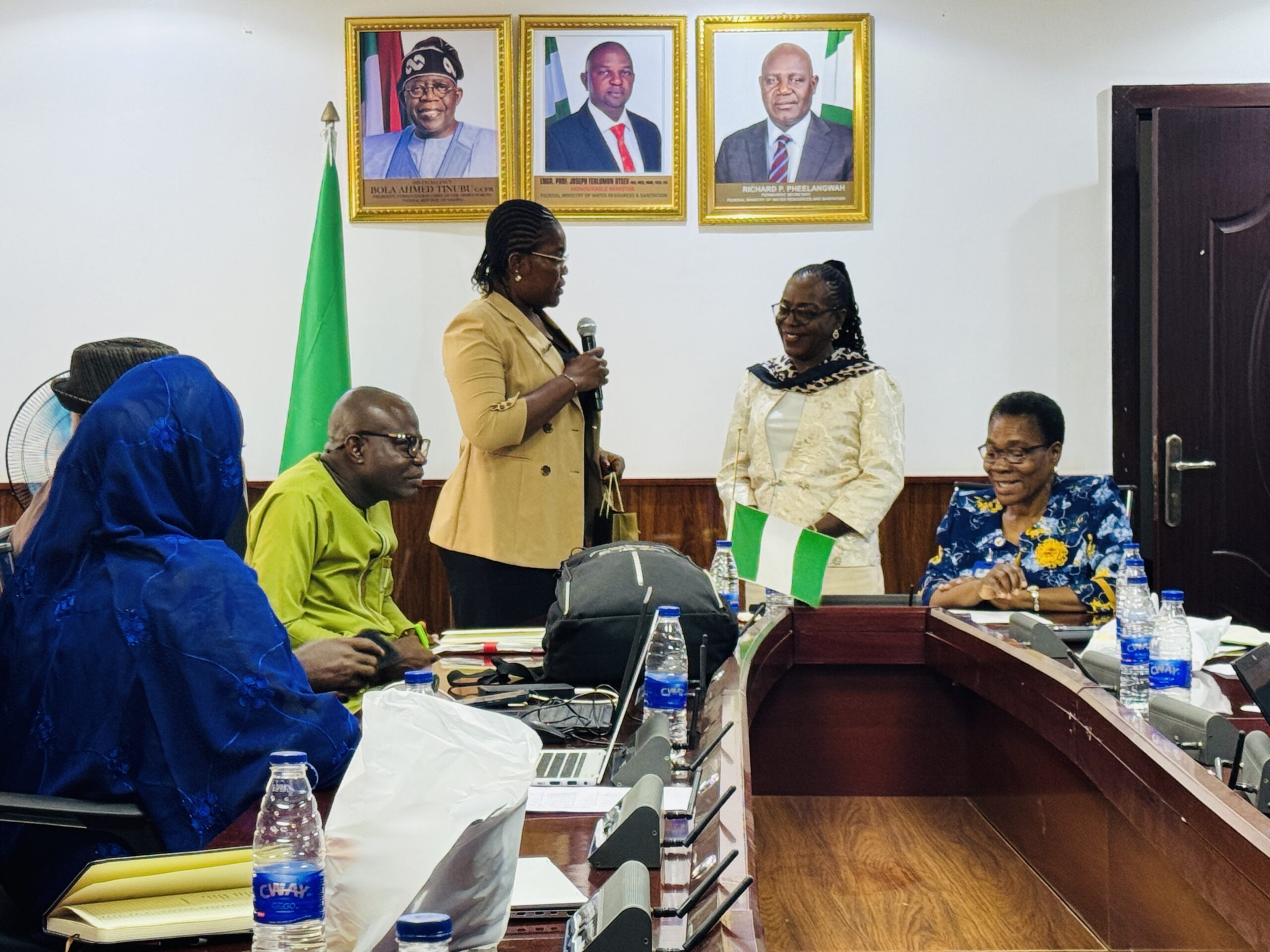By Tosin Kolade
The Federal Government has appealed to development partners to support the large-scale production and distribution of hydrogen sulphide (H₂S) vials used for water quality testing across the country.
Mrs Elizabeth Ugoh, Director of Water Quality Control and Sanitation at the Federal Ministry of Water Resources and Sanitation, made the appeal during the quarterly meeting of the National Core Group on Water Quality in Abuja.
She explained that H₂S vials, which were used to detect bacterial contamination, particularly from faecal matter, had already been piloted in UNICEF-supported states with promising results.
Ugoh said the ministry had planned a comprehensive needs assessment to guide national scale-up, but efforts have been limited by inadequate funding.
“We were advised to intensify awareness and demand creation, but many states cited lack of funding as a major constraint. In January, we could only produce enough kits for four or five states,” she noted.
While ministry laboratories had the capacity for production, Ugoh stressed that expanding operations without external support remained difficult.
She noted that most vials currently used in community-based water monitoring were supplied by UNICEF, raising concerns about sustainability after a broader national rollout.
She called for strategic partnerships and highlighted the potential role of the ministry’s Public-Private Partnership (PPP) unit in mobilising support.
Also speaking at the meeting, Dr Bolu Onabolu of the Network of Female Professionals in WASH pointed to poor sewage management as a key factor contributing to rising nitrate levels in water sources.
She recommended reviewing the technical guidelines of the National Water Resources Institute to address safe containment systems, especially in areas with high water tables.
Onabolu called for enhanced collaboration with the National Task Group on Sanitation, better enforcement from Environmental Health Officers and Town Planners, and stronger public awareness on the health risks of improper faecal waste disposal.
“Many households make cost-based decisions without realising the groundwater contamination risks.
“We need a coordinated communication strategy to drive behaviour change,” she said.
Mr Ibe Chinedu of the FCT Water Board urged the inclusion of private water producers in stakeholder dialogues.
He raised concerns about low pH levels in several bottled water brands, attributed to reverse osmosis treatment, and called for clear regulations on remineralisation.
He also cited contamination risks from illegal pipe connections, poor consumer practices, and seasonal factors affecting water quality.
 Presenting findings from a national water quality assessment, Mr Babalola Emmanuel, Chief Scientific Officer at the ministry, revealed high levels of contamination across several states.
Presenting findings from a national water quality assessment, Mr Babalola Emmanuel, Chief Scientific Officer at the ministry, revealed high levels of contamination across several states.
He listed excessive concentrations of fluoride, ammonia, cyanide, cadmium, lead, arsenic, mercury, and nitrate, with nitrate detected at 156 sites in 17 states.
He said a validation exercise would be carried out using representative sampling, and a technical report would be developed ahead of wider stakeholder engagement.
In an interview, Mr Obinna Ogbodo, Sanitation and Hygiene Coordinator at WaterAid, told the News Agency of Nigeria (NAN) that ensuring water quality was vital to public health and sustainable development.
He said climate change was already worsening water contamination and limiting access to safe drinking water in many areas.
Ogbodo added that WaterAid was working with government institutions and local partners to strengthen water safety plans, improve hygiene behaviour change, and support climate-resilient WASH infrastructure.
He said the organisation was also contributing to national policy dialogue and building local WASH capacity to ensure inclusive access to water and sanitation, particularly for marginalised communities.
NAN report that the meeting brought together representatives from federal and state governments, development agencies, NGOs, and water quality experts.
Highlight of the meeting was the presentation of an appreciation gift to Dr Fatimah Ojo, the representative of the Federal Competition and Consumer Protection Commission, who retired from public service. (NAN)
Edited by Abiemwense Moru












